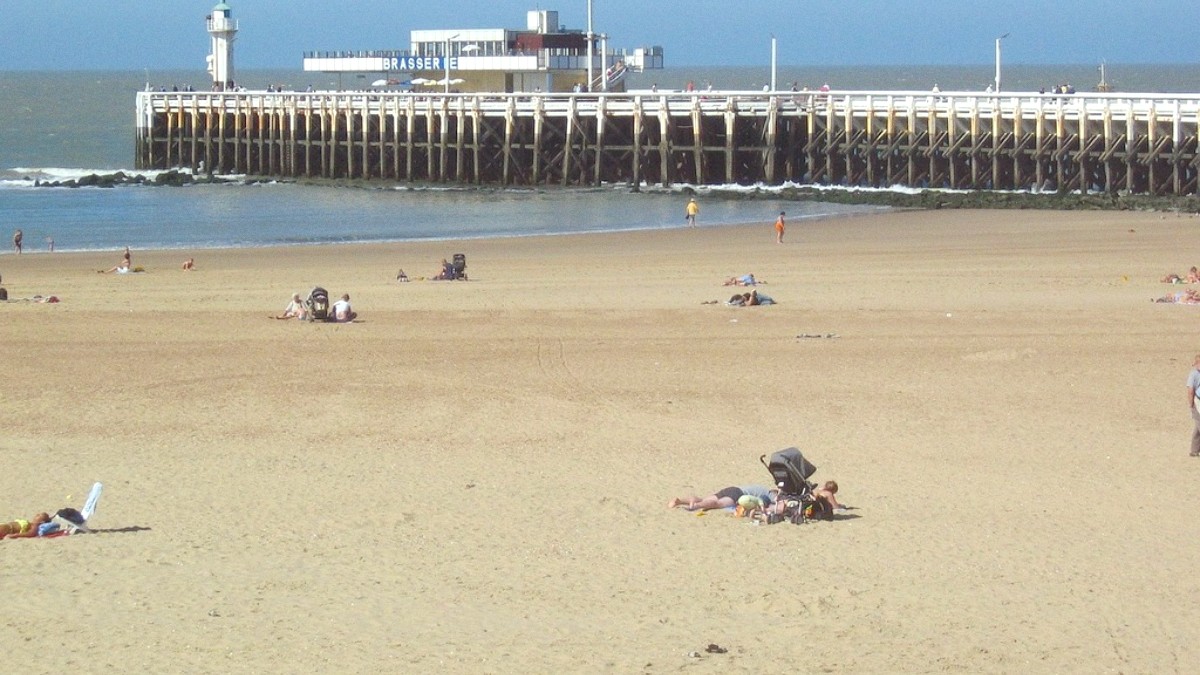
Belgium
Belgium has excellent mobile network coverage. Major providers include Proximus, Orange, and Telenet (Base). Pre-paid SIM cards are readily available upon arrival.
Wi-Fi is widely available in hotels, restaurants, cafes, and public spaces (e.g., train stations). Some cities offer free public Wi-Fi zones.
Bpost is the national postal service of Belgium. Post offices are available in Ostend for sending mail and parcels internationally.
Dutch is the official language in Ostend, located in the Flanders region. French is widely spoken in Brussels and Wallonia. English is commonly understood in tourist areas.
Learning a few basic phrases shows respect for local culture. English is commonly used in tourist areas.
Familiarize yourself with typical business hours in Ostend to plan your activities effectively.
Generally open Monday to Saturday, from around 10:00 AM to 6:00 PM or 7:00 PM. Many smaller shops close on Sundays.
Typically open until 8:00 PM or 9:00 PM on weekdays, with shorter hours on Saturdays. Most larger supermarkets are closed on Sundays.
Operate mainly on weekdays, usually from 9:00 AM to 4:00 PM or 5:00 PM. Many branches operate by appointment only for certain services. ATMs are accessible 24/7.
Lunch service usually runs from 12:00 PM to 2:00 PM or 2:30 PM. Dinner service typically starts around 6:00 PM or 6:30 PM.
Belgium observes several public holidays throughout the year (e.g., Easter Monday, Ascension Day, National Day, Christmas, New Year's Day).
Check specific dates for Belgian public holidays and seasonal operations to plan your itinerary effectively.
Engage with Ostend's culture respectfully, enhancing both your experience and your hosts'.
A handshake is common when meeting someone for the first time, especially in formal or business contexts. Close friends and family might exchange one to three kisses on the cheek.
Belgium is generally casual. Jeans and comfortable clothing are acceptable for most situations.
Photography is generally permitted in public spaces. Always ask for permission before taking close-up photos of individuals, especially children.
Approach discussions about World War I and the Holocaust with sensitivity. Belgian politics can be complex, characterized by regional divisions and language issues.
Be polite and patient in your interactions. A simple "Alstublieft" (please) and "Dank u wel" (thank you) in Dutch go a long way. Respect personal space in public areas.
Ostend works towards being a more accessible destination for all travelers, including those with mobility challenges.
Newer public transport vehicles (trams, buses) are increasingly accessible, featuring low floors and ramps.
Mu.ZEE and Kursaal Ostende are generally accessible with lifts and ramps. Major train stations are generally accessible with ramps and lifts to platforms.
Specific services for tourists with visual or hearing impairments may be limited. Reliance on universal accessibility features where available is good.
Contact the Ostend Tourism Office directly for specific accessibility information regarding attractions, accommodations, and routes.
Ostend works towards being a more accessible destination for all travelers.